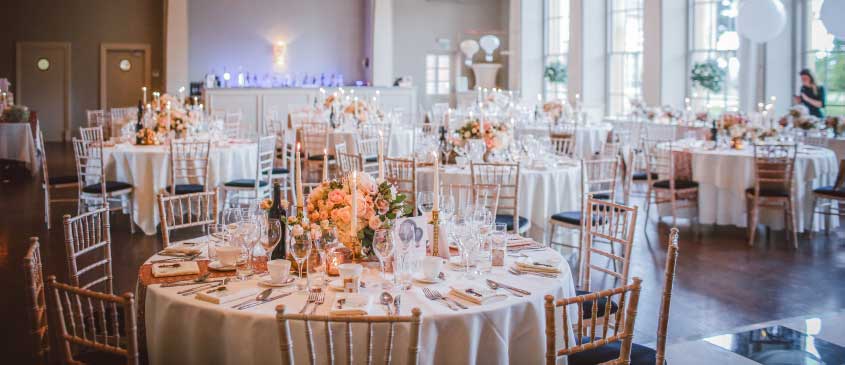Flash Wedding – Short Marriage

Weddings aren’t getting any cheaper. According to the Australian Securities and Investment Commission, the average wedding in Australia costs $36,200. Around half ($18,683) goes on the reception (food, alcohol, venue), with the balance going on clothing (~$4,000), photography (~$4,000), entertainment (~$3,000), flowers (~$3,000), the ceremony (~$1,000) and miscellaneous items like the car, hair, makeup and stationery (~$2,500). 78% of couples got a loan or used their credit card to pay for the wedding and only 43% stayed within their budget. Australians are not alone in this trend with US couples spending about the same.
But does the amount we spend on our weddings tell us anything about what happens after the event? A recent study from Emory University has shed some light on this question and in doing so attracted considerable media attention. Based on data from 3,000 ever married people, the researchers found a correlation between the amount spent on the wedding and engagement ring and the likelihood of divorce. In other words, the more couples spent, the more likely they were to divorce.
Why would this be?
One reason offered by the authors is that post-wedding debt increased marital stress making these couples vulnerable to relationship breakdown. Debt stress has been noted as a contributor to relationship breakdown in other studies however, wedding debts are generally small compared to housing debts so one has to wonder whether this is the only explanation.
Our hunch is that wedding debt is particularly stressful for a number of reasons.
- Wedding debt relates to a past event with no intrinsic value. Unlike a mortgage which is often attached to an appreciating asset that secures and enhances the couple’s future, wedding debt only serves them through their memories. When couples are starting a life together, they want to be looking forward not over the shoulder at debt inherited from one day’s festivities.
- Excess spending on the wedding is usually associated with a disproportionate investment of time and energy on the wedding rather than the relationship; a sure sign of problems down the road. It is not uncommon for couples to use busyness to distract them from facing into difficult relationship issues. For cohabitating couples, this can be a particularly seductive trap as many seek an extravagant celebration to mark what is otherwise a mostly non-material change in their day-to-day lifestyle.
- Moreover, if the relationship was less than healthy before the engagement, chances are that the wedding spend decisions were not equally embraced opening the possibility for one spouse to feel resentful towards the other’s extravagance. If the debt requires significant sacrifices during the newlywed years, it can be a ready source of arguments and bitterness.
It all adds up to a very unfortunate way to start a marriage.
So what do we make of it? Well, the data is pretty clear; spending a lot on your wedding will do nothing for your marriage. Common sense tells us that the wedding is a day and a marriage is a lifetime and overemphasis on the wedding is misplaced; especially if it accumulates debt.



